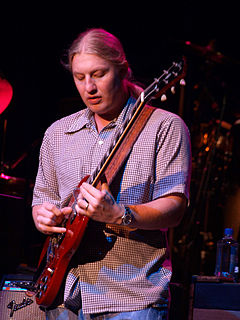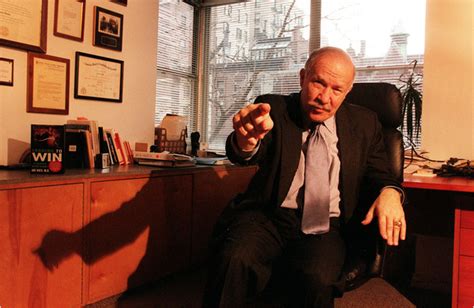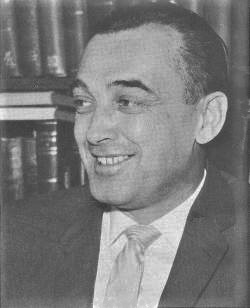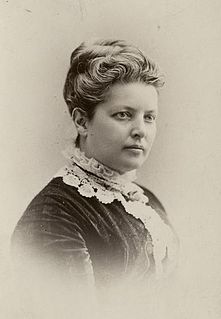A Quote by e. e. cummings
If at the end of your first ten or fifteen years of fighting and working and feeling, you find you've written one line of one poem, you'll be very lucky indeed.
Related Quotes
It was early on in 1965 when I wrote some of my first poems. I sent a poem to 'Harper's' magazine because they paid a dollar a line. I had an eighteen-line poem, and just as I was putting it into the envelope, I stopped and decided to make it a thirty-six-line poem. It seemed like the poem came back the next day: no letter, nothing.
How can you develop a self-concept linked to your untapped potential? First, you can decide on the kind of life you would like to lead in ten or fifteen years. This will give you a standard for making decisions about current activities and will reduce the inclination to compare yourself unfavorably to others. Learn to ask, "How would I handle this situation were I the person I hope to become?" And then take action in line with your vision.
I find myself absolutely fulfilled when I have written a poem, when I'm writing one. Having written one, then you fall away very rapidly from having been a poet to becoming a sort of poet in rest, which isn't the same thing at all. But I think the actual experience of writing a poem is a magnificent one.
The most important thing about the first sale is for the very first time in your life something written has value and proven value because somebody has given you money for the words that you've written, and that's terribly important, it's a tremendous boon to the ego, to your sense of self-reliance, to your feeling about your own talent.
I keep feeling that there isn't one poem being written by any one of us - or a book or anything like that. The whole life of us writers, the whole product I guess I mean, is the one long poem - a community effort if you will. It's all the same poem. It doesn't belong to any one writer - it's God's poem perhaps. Or God's people's poem.
I never felt like a happy-go-lucky ingenue to begin with. And parts are written better when you're older. When you're young, you're written to be an ingenue, and you're written to be a quality. You're actually not written to be a person, you're written for your youth to inspire someone else, usually a man. So I find it just much more liberating.
I think what gets a poem going is an initiating line. Sometimes a first line will occur, and it goes nowhere; but other times - and this, I think, is a sense you develop - I can tell that the line wants to continue. If it does, I can feel a sense of momentum - the poem finds a reason for continuing.
Ten years dropped from a man's life are no small loss; ten years of manhood, of household happiness and care; ten years of honest labor, of conscious enjoyment of sunshine and outdoor beauty; ten years of grateful life--one day looking forward to all this; the next, waking to find them passed, and a blank.
Lucky accidents seldom happen to writers who don't work. You will find that you may rewrite and rewrite a poem and it never seems quite right. Then a much better poem may come rather fast and you wonder why you bothered with all that work on the earlier poem. Actually, the hard work you do on one poem is put in on all poems. The hard work on the first poem is responsible for the sudden ease of the second. If you just sit around waiting for the easy ones, nothing will come. Get to work.





































